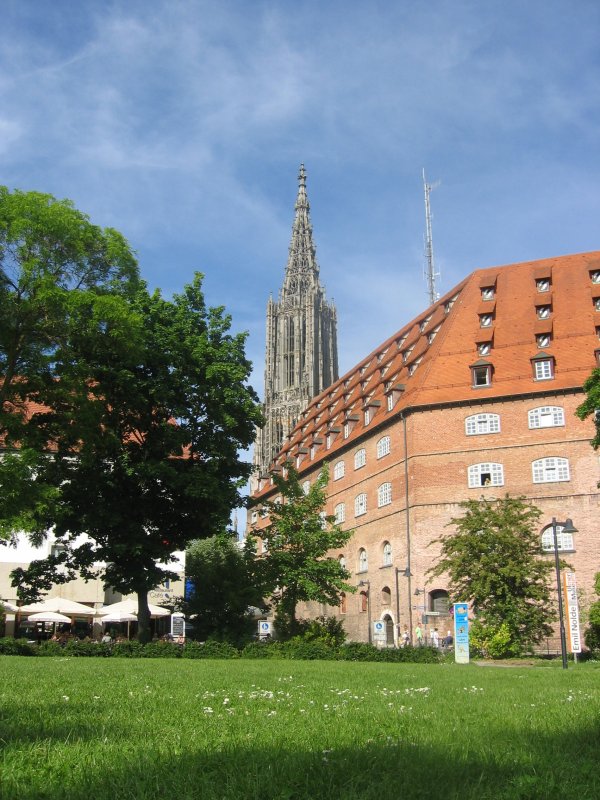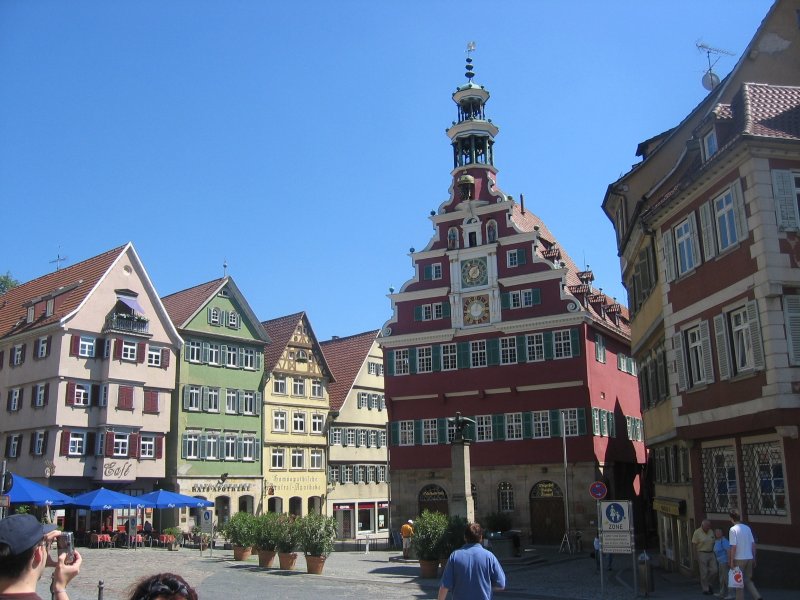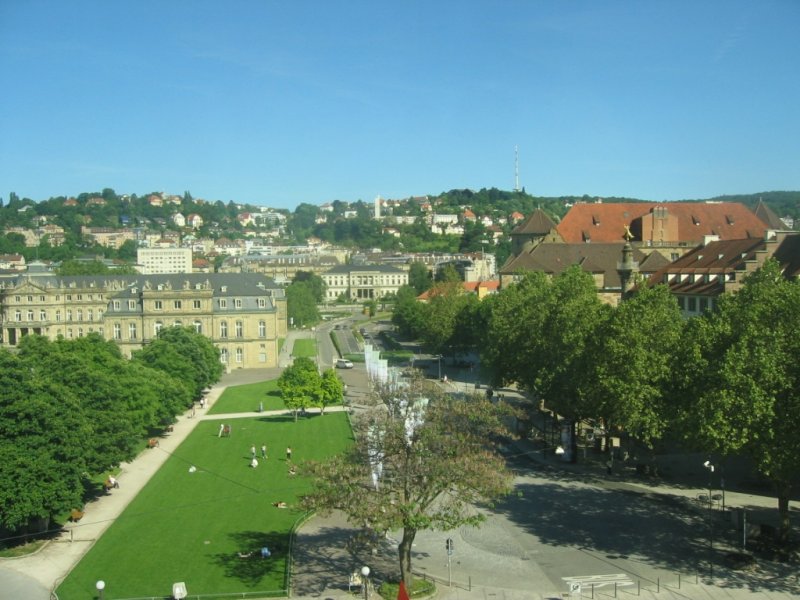Some months ago I pointed to some articles related to Women, Computer Science and Free Software. A couple of days ago, Fernanda G. Weiden, a Free Software developer at the IBM Linux Technology Center in Brazil, has recently written a very interesting article on the topic, focused on the Free Software movement.
I extract some of the most relevant parts:
“When they try to integrate into the user/developers groups of the Free Software community, most women find barriers, mainly related to two diametrically opposed behaviors: either they will be treated as the most loved person in the group, over treating them, or they will be victims of sexist attacks, jokes or dating approachs.”
[…]
Another important point is that Free Software development is often done as a hobby, just for fun, and in one’s spare time. Where is a woman’s spare time? After their working day, most of them still have the second working journey, which is at home, taking care of the home, the children and her husband. If the men can have the privilege of doing Free Software in their spare time, sitting in front of the computer and having some fun coding what they want, women in general don’t have this privilege.
[…]
Another issue I see. Women also usually require too much of themselves, because they have a natural insecurity which results in less women participating in technical discussions, for instance. It’s the old feeling of “I don’t know enough to join this discussion. I’ll let the experts talk.”
We, at the Free Software movement, cannot be at the forefront of technology if we do not solve these issues.




